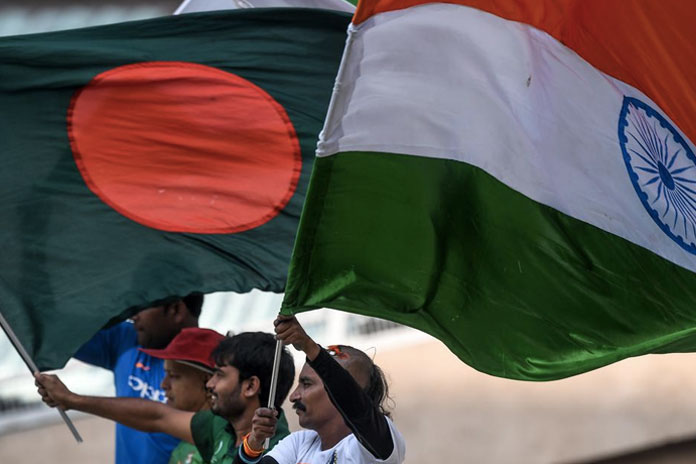The unprecedented civil political instability in Bangladesh has hampered the longstanding trade relationship between India and Bangladesh, creating new challenges for both New Delhi and Dhaka. As major trading partners, both countries and economies engage in a wide exchange of goods and services.
In the fiscal year 2023-24, the total trade between India and Bangladesh reached Rs 1,35,285 crore, with India holding a substantial trade surplus. Data from the Ministry of Commerce reveals that India exported goods worth Rs 91,614 crore to Bangladesh during this period, while importing goods worth Rs 15,268 crore from Bangladesh. This resulted in a trade surplus of Rs 76,346 crore in favour of India.
The data underscores Bangladesh’s role as a crucial trading partner for India, and any disruptions will impact the economies of both countries.
India’s exports to Bangladesh include a diverse range of products, such as cotton yarn, petroleum products, oil meals, spices, and auto components. The current political unrest in Bangladesh threatens these exports, particularly impacting the cotton yarn sector. Indian cotton farmers could be affected if trade disruptions occur. A decrease in exports could lead to an oversupply of cotton in India, potentially lowering prices and harming farmers’ incomes.
Conversely, India imports several essential commodities from Bangladesh, including ready-made garments (RMG) made of cotton, aircraft and spacecraft parts, jute, leather footwear, and marine products. The RMG sector is especially important, as Bangladesh is a major global exporter of these garments. Any interruption in the supply of these goods could affect India’s textile and garment industries, which depend on these imports for production. Additionally, the Indian aerospace sector, which imports specialized parts from Bangladesh, could face supply chain issues.
Importantly, India’s export of wheat, rice, lentils, onions, spices, sugar, oil cake, and electricity, is crucial for the people of Bangladesh. Any disruption in supplies will lead to a massive price rise in Bangladesh and may lead to more uncertainty and public anguish.
The ongoing political turmoil in Bangladesh not only disrupts current trade activities but also creates uncertainty about future economic cooperation between the two countries. Given Bangladesh’s importance as a trading partner, continued instability could lead to a prolonged reduction in trade volumes.
If the situation persists, it might force Indian businesses to seek alternative markets or suppliers, which could be challenging.










